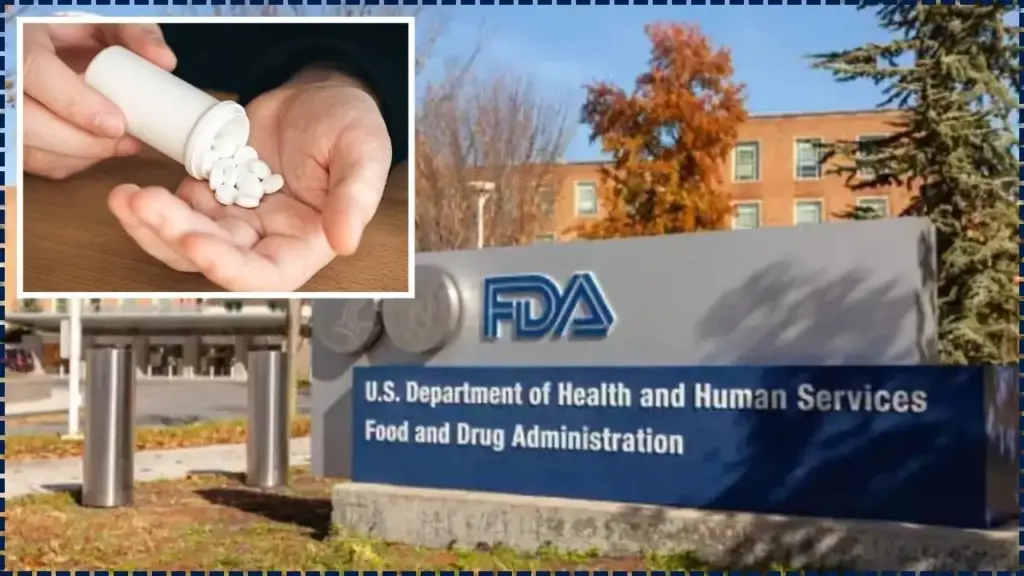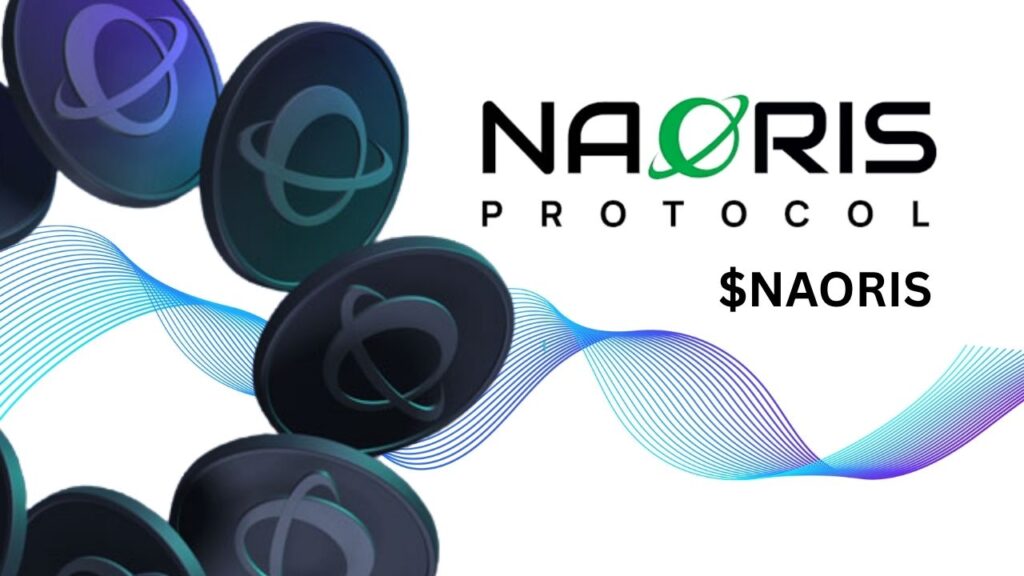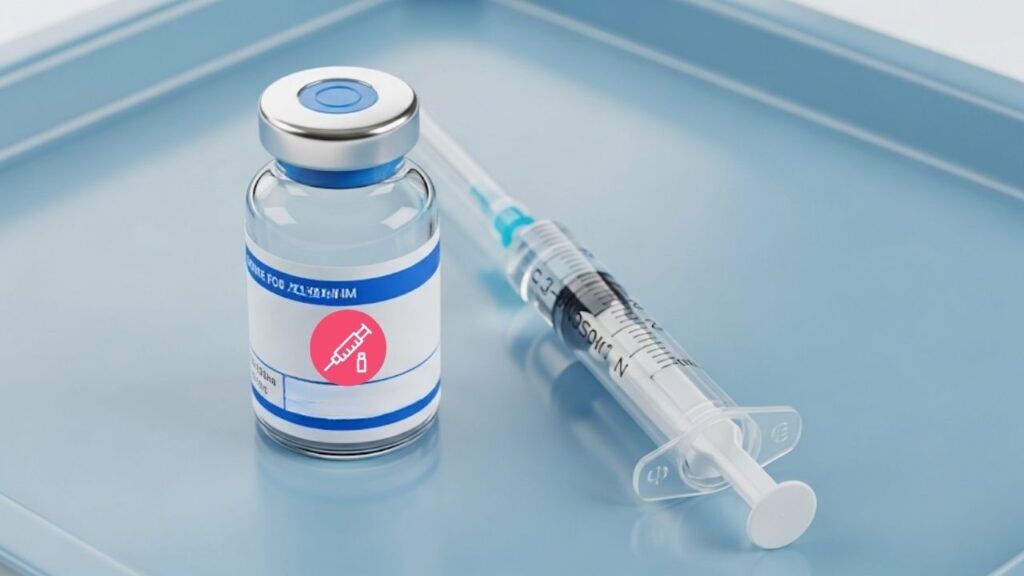Washington, D.C. — The U.S. Food and Drug Administration (FDA) has issued a nationwide recall of more than 140,000 bottles of a widely prescribed cholesterol-lowering drug, citing manufacturing defects that could compromise effectiveness and patient safety.

The recall involves Atorvastatin Calcium Tablets, the generic version of Lipitor, after laboratory testing found that the medication failed dissolution specifications, meaning some tablets may not dissolve or release the active ingredient correctly once ingested.
The product was manufactured by Alkem Laboratories Ltd. (India) and distributed in the U.S. by Ascend Laboratories LLC of New Jersey, according to the FDA’s announcement.
Table of Contents
FDA Flags Major Cholesterol Drug Recall
| Key Fact | Detail / Statistic |
|---|---|
| Affected lots | Approx. 141,984 bottles nationwide, multiple dosages (10 mg to 80 mg) |
| Recall classification | Class II recall – temporary or reversible health effects possible but serious harm unlikely |
| Manufacturers involved | Alkem Laboratories (India) / Ascend Laboratories LLC (New Jersey) |
| Public risk level | Moderate – reduced effectiveness could raise cholesterol and heart-disease risk over time |
What Happened
The FDA said the defect was identified during post-market quality testing, which revealed that certain batches of the tablets did not meet the required dissolution rate—an essential measure of how a drug releases its active component into the body.
A Class II recall indicates that while the issue is not immediately life-threatening, it could lead to temporary or reversible health problems if left unaddressed.
“A failure in dissolution can render the drug less effective, especially for patients relying on it to control cholesterol,” said Dr. Karen Matthis, professor of pharmacology at the University of Maryland School of Pharmacy. “For high-risk individuals, even small lapses in efficacy may have significant cardiovascular consequences.”
What the Recall Covers
The affected products include 10 mg, 20 mg, 40 mg and 80 mg tablets, distributed nationwide to major retail pharmacies and healthcare systems. The FDA has published a full list of lot numbers and expiration dates on its official recall database.
Ascend Laboratories stated that it is notifying distributors and retail chains to remove affected inventory from circulation and offering replacements to pharmacies. Consumers are advised to check bottle labels carefully and stop using any affected lots after consulting their healthcare providers.
Why This Matters
Atorvastatin calcium is one of the most prescribed medications in the U.S., used by millions to manage high cholesterol and prevent heart disease. Even modest lapses in performance can undermine cardiovascular outcomes, particularly among older adults or patients with multiple risk factors.
A compromised dissolution rate means the body may not absorb enough of the drug, potentially allowing cholesterol levels to rise despite adherence to therapy. The issue may not produce visible symptoms but can carry long-term consequences if undetected.
“It’s a quality-control problem, not a contamination scare, but it still erodes confidence in the drug supply,” said Dr. David Wright, senior pharmaceutical quality analyst at the Institute for Safe Medication Practices (ISMP).
Broader Pharmaceutical Context
Supply Chain and Oversight Challenges
This incident highlights persistent concerns about global pharmaceutical manufacturing oversight. More than 60 percent of generic drugs used in the U.S. are produced or partly manufactured overseas, according to the FDA Office of Global Policy and Strategy.
While foreign facilities are subject to U.S. inspection, limited resources and travel restrictions during the COVID-19 pandemic created backlogs in plant audits. Industry observers say that, although safety standards are improving, the atorvastatin recall exposes the system’s fragility.
Previous Recalls and Patterns
- July 2025: Nearly 80,000 bottles of pitavastatin were recalled for impurity and degradation issues.
- 2023–2024: The FDA recorded multiple recalls for blood-pressure and diabetes medications containing nitrosamine impurities.
- 2020: Simvastatin batches were withdrawn after reports of contamination during formulation.
These cases reflect the growing complexity of the global generic drug market and underscore the need for enhanced pharmacovigilance and lot-level tracking.
What Patients and Providers Should Do
The FDA advises patients to verify lot numbers listed on its website and to consult a doctor before making any changes to their medication routine. Sudden discontinuation of statins can raise cholesterol levels and increase the risk of heart attack or stroke.
Recommended steps:
- Check your bottle – Match lot number and expiry date with the FDA’s recall list.
- Consult your pharmacist or doctor – Discuss replacement or alternative options.
- Do not stop therapy without medical advice.
- Report issues – Any suspected side effects or drug ineffectiveness should be reported via the FDA’s MedWatch program.
Expert Perspectives on Future Action
“Each recall is a reminder that cost efficiency must not override quality assurance,” said Dr. Ellen Rodriguez, a former FDA compliance officer and now policy researcher at the Brookings Institution. “The agency is likely to expand oversight and increase randomized testing of imported batches in response to this case.”
The FDA has signaled that it may enhance risk-based inspection models and require additional stability and dissolution data from generic drug manufacturers to prevent similar issues.
Pharmacy chains and wholesalers are also reviewing procurement protocols to ensure supplier transparency and rapid traceability if future defects occur.
Looking Ahead
Although the recall represents a moderate risk, experts emphasize that consistent communication and regulatory vigilance are vital to maintaining public confidence in generics. Future reforms may include enhanced international cooperation and greater transparency in FDA recall databases for faster public alerts.
“This is a wake-up call for the industry,” said Dr. Matthis. “As global drug production expands, the priority must be ensuring quality and trust at every step of the supply chain.”



















